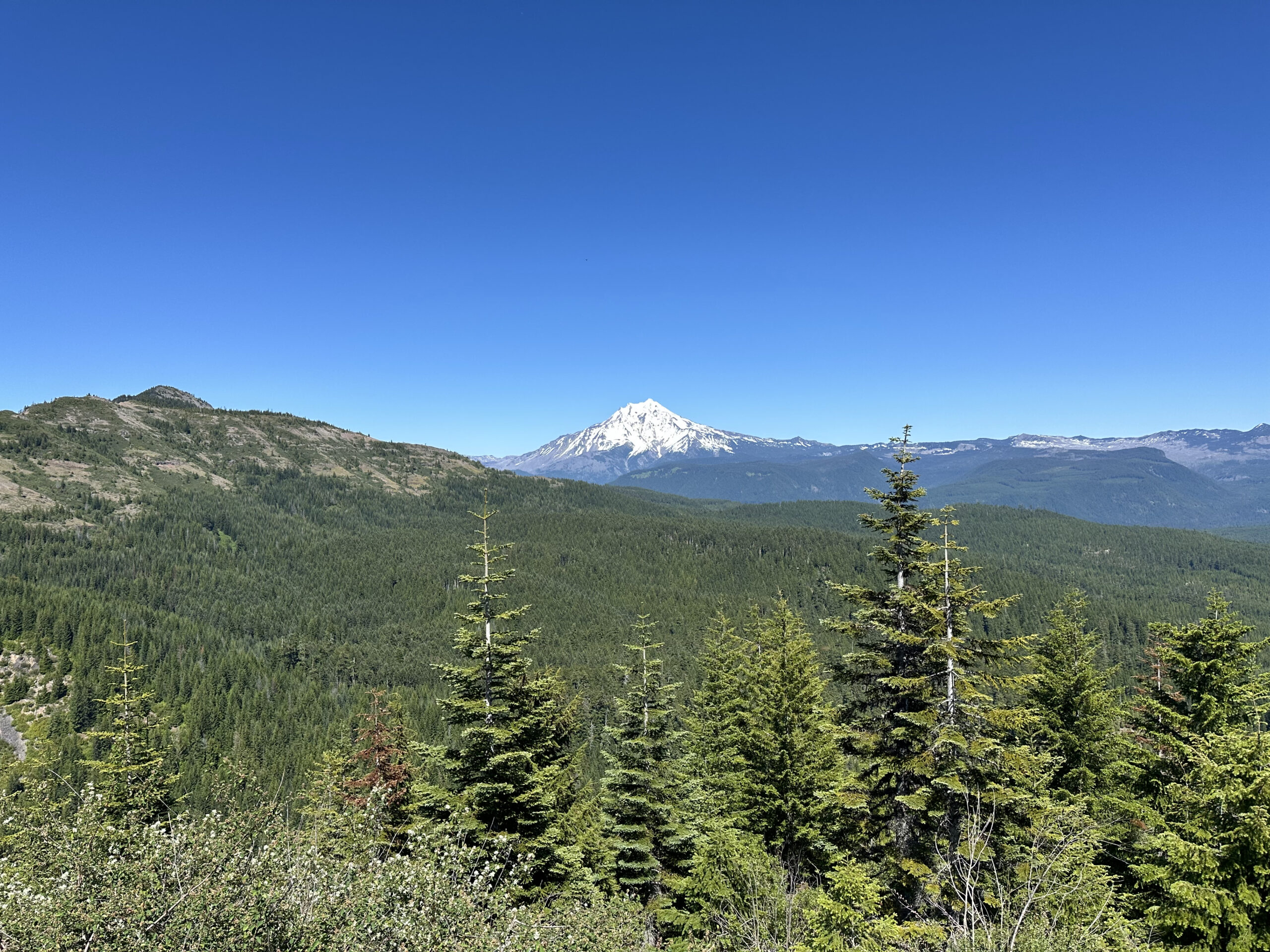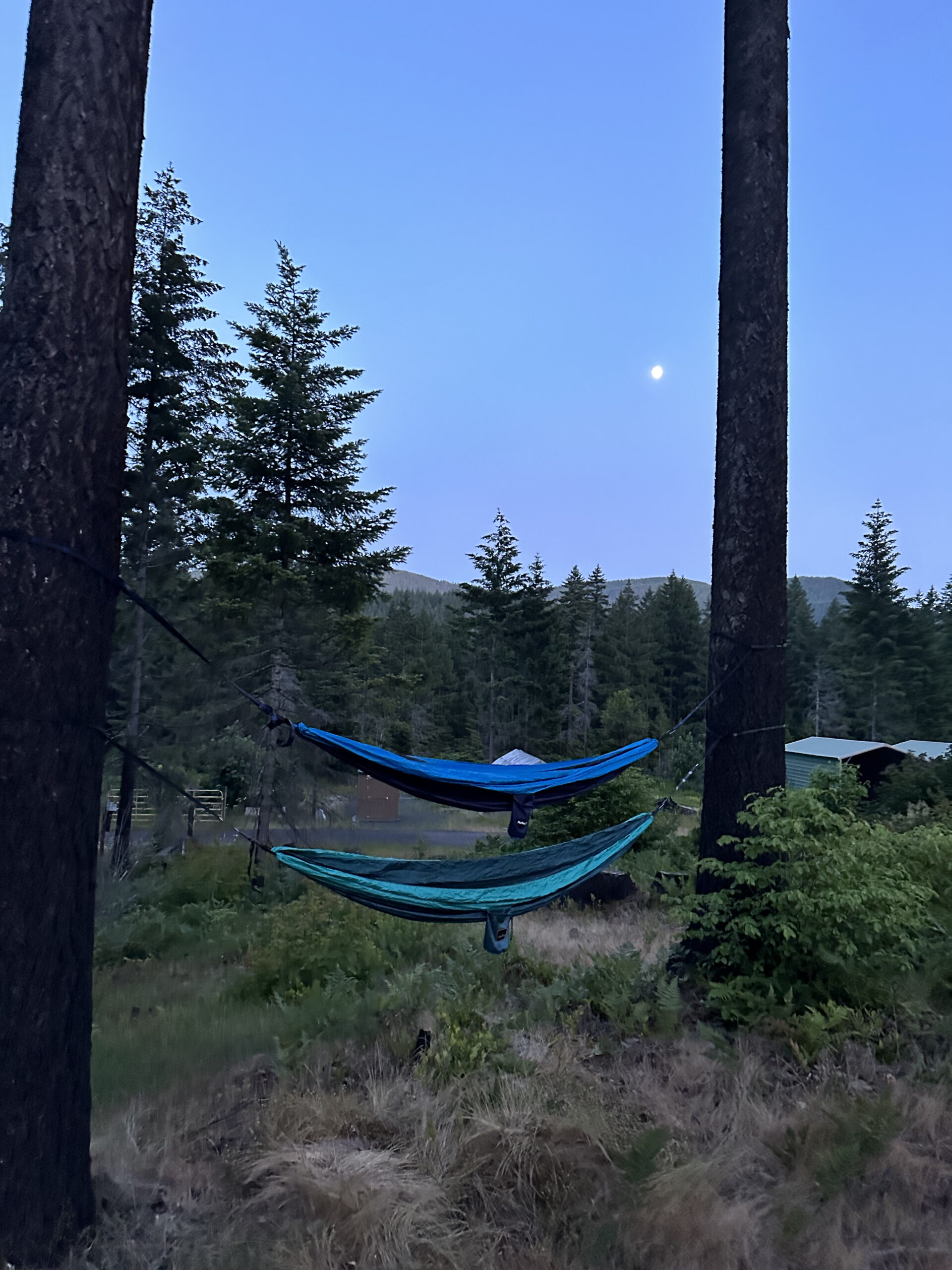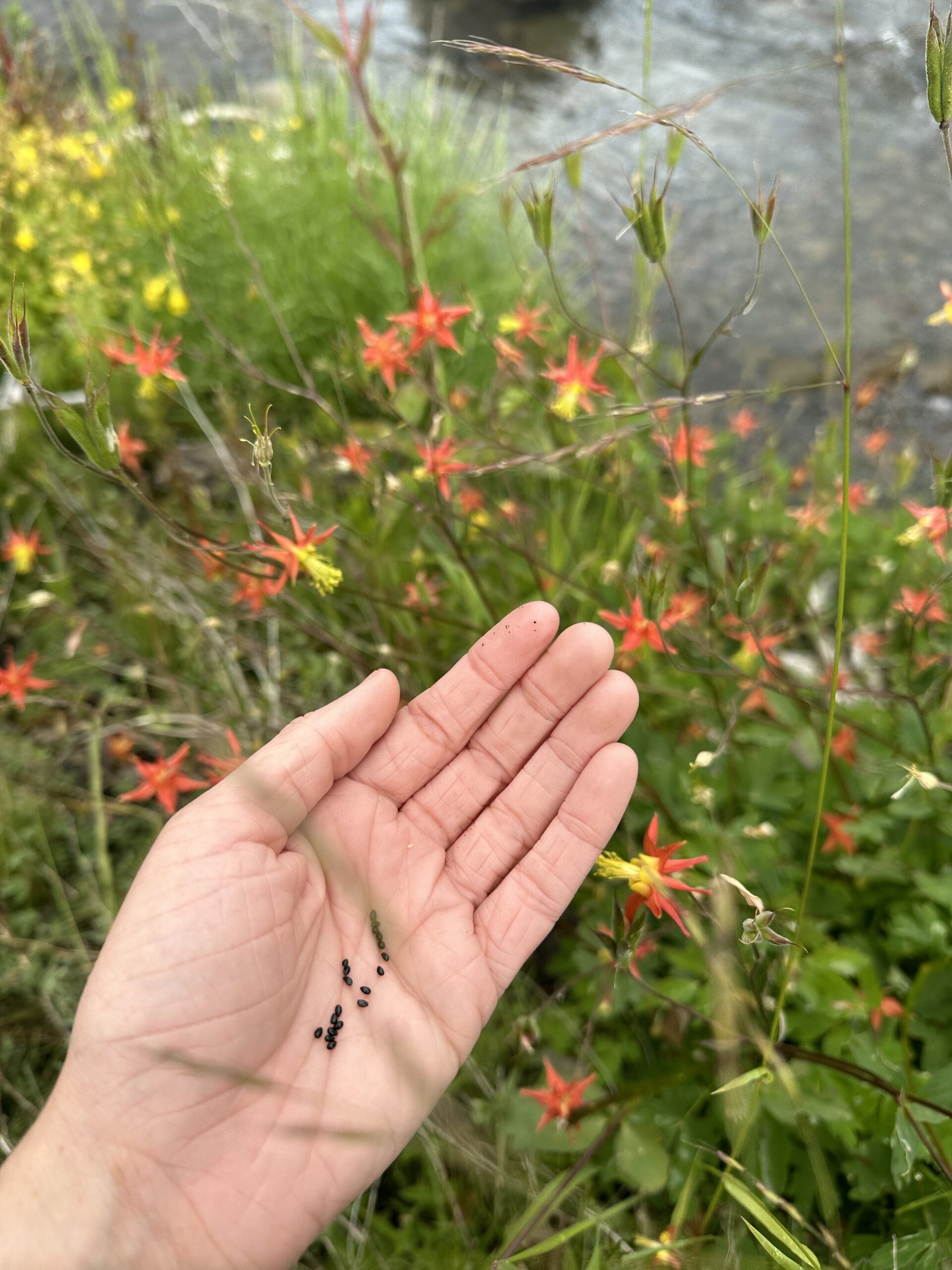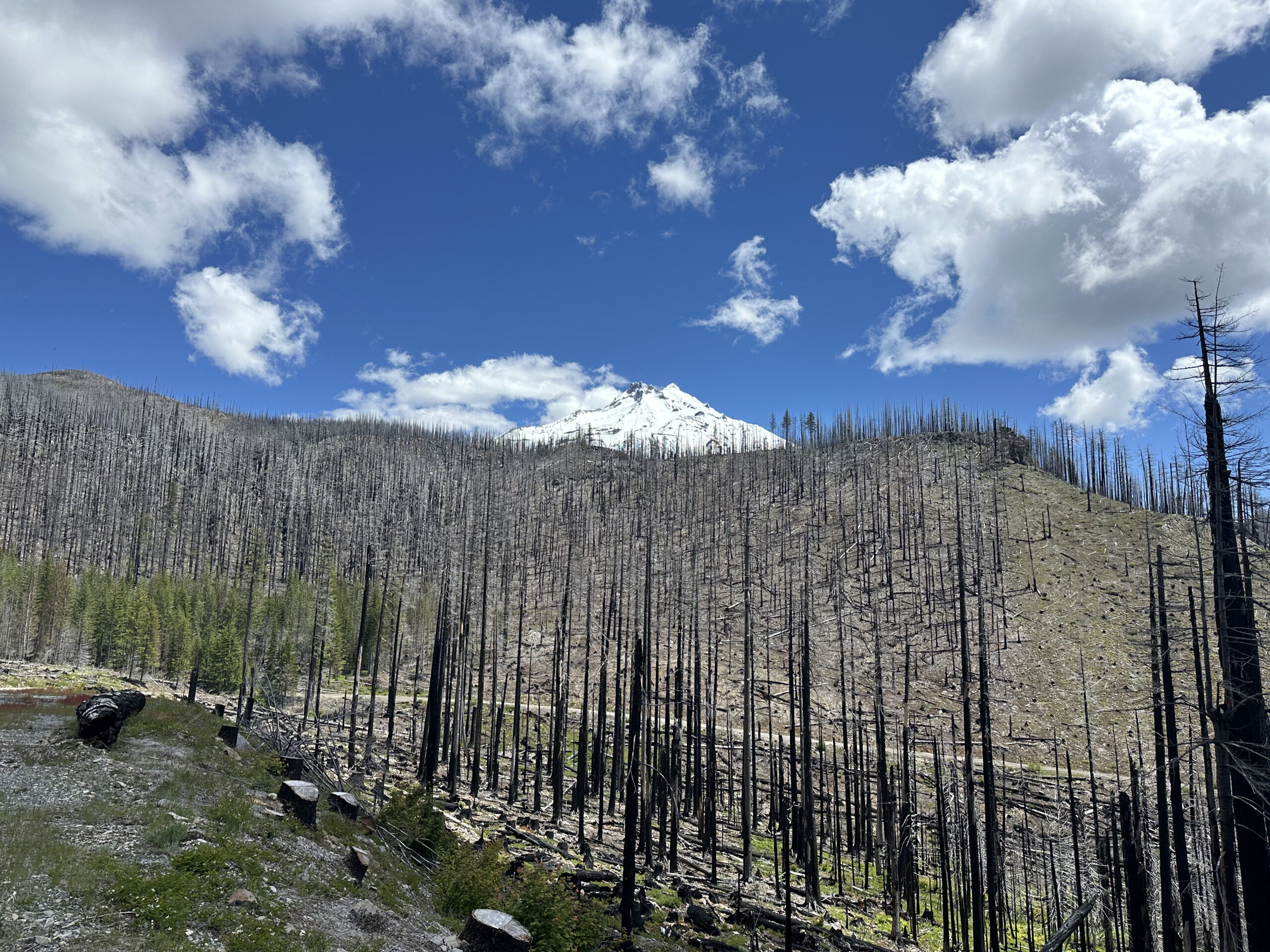Howdy!
My name is Kaitlyn Skelton, a recent graduate from Stephen F. Austin State University in Texas, where I earned my degree in Agriculture with a concentration in Horticulture.

This summer, I am working as a seasonal botany intern here in the beautiful and resilient landscapes of Oregon. Moving from the warm plains and rolling hills of Texas to the lush, albeit fire-scarred, expanses of the Willamette National Forest has been eye-opening. With a background in agriculture rather than forestry or environmental sciences, there is a definite learning curve. However, I believe that this background allows me to bring a fresh perspective to the field.
The cross-country drive to Oregon was spectacular, showcasing the incredible variety of the American landscape. However, the specific climate of the Pacific Northwest is distinct and strikingly different from any other region I have visited. The shift while driving into this area is burned into my memory. Towering trees envelop the highways and Detroit Lake, with its stunning vistas, is a sight to behold.

My new home is on a compound, allowing me to fulfill a long-held dream of walking to work. The view outside my apartment is stunning, making it hard to stay indoors for long. With no air conditioning, lounging outside in a hammock or lawn chair becomes not just a preference but an occasional necessity, anyway. The Detroit Ranger Station, where my office is, is only a short walk from Detroit Lake, and offers impressive views of the forest. From the lake, the impact of the 2020 wildfires is obvious, reminding us of the forest’s vulnerability and the importance of conservation efforts.

That’s great, but what are you actually working on out there?
As an intern with the Chicago Botanic Garden’s Conservation and Land Management (CLM) Program and the Seeds of Success program, I am focused on native seed collection. Collecting native seeds supports biodiversity and habitat restoration, crucial in combating climate change. By gathering wildland native seeds for research, driving developmental projects, conserving genetic germplasm, and supporting restoration initiatives, we preserve diverse plant communities. This enhances the resilience of ecosystems to environmental stresses, contributing to a healthier and more sustainable future. The hands-on experience and mentorship I receive make this work deeply rewarding and impactful.

The other half of my work involves collaborating with the US Forest Service to maintain and restore the Willamette National Forest. Spanning over a million acres, this forest is a treasure trove of old-growth trees, pristine lakes, and rugged mountains. However, the wildfires of 2020, including the devastating Lionshead and Beachie Creek Fires, scorched over 400,000 acres, leaving behind charred landscapes and disrupted ecosystems. Many days are spent clearing invasive species that threaten the delicate balance of the ecosystem and scouting native plant populations to ensure their survival and regrowth. With the seeds we are collecting, we can even reseed damaged areas, helping restore these vital habitats.

Ongoing recovery efforts focus on restoration, habitat rebuilding, and fire prevention. While the scars of the wildfires are still visible, the forest’s resilience is evident as new growth emerges from the ashes.
Although I am only beginning this journey, I find it incredibly rewarding. The opportunity to work with a dedicated team and contribute to the restoration of Willamette National Forest fills me with gratitude and excitement. I look forward to deepening my connection with this remarkable ecosystem and community and playing a part in its recovery and preservation.
Kaitlyn Skelton
